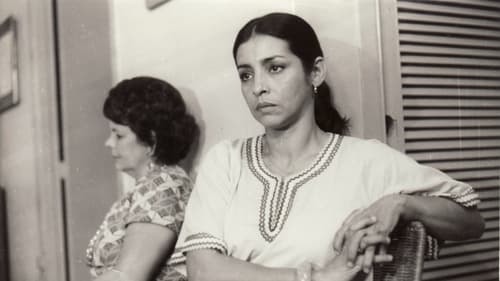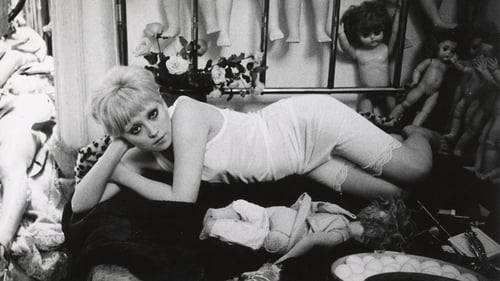
Teresa is overwhelmed: with a husband, three young sons, a job as a crew leader in a textile factory, and volunteer commitments as cultural leader of her union. Her husband, Ramón, wants more of her attention; her feelings are mixed, wanting domestic peace, feeling responsibilities to the revolution, and wanting to control her own life beyond doing dirty dishes. They separate; he begins an affair. When he wants a reconciliation, she asks what his response would be if she'd had an affair too. "But men are different," is his reply. He's failed her test, and to hold on to independence and self-respect, she remains uncompromising and hard-edged.

Based on the novel Francisco by Anselmo Suárez y Romero, "The Other Francisco" is a socio-economic analysis of slavery and class struggle through the retelling of the original novel. The film contrasts the romantic conceptions of plantation life found in Suárez Romero's novel with a realistic expose of the actual historical conditions of slavery throughout the Americas. It offers a critical analysis of the novel, showing how the author's social background led to his use of particular dramatic structures to convey his liberal, humanitarian viewpoint.

O impotente Fando e sua namorada paraplégica Lis buscam a cidade encantada de Tar, onde o êxtase espiritual os espera. A viagem extraordinária cheia de encontros estranhos os levará a escombros urbanos, desertos escaldantes, montanhas traiçoeiras e a seus próprios passados.

